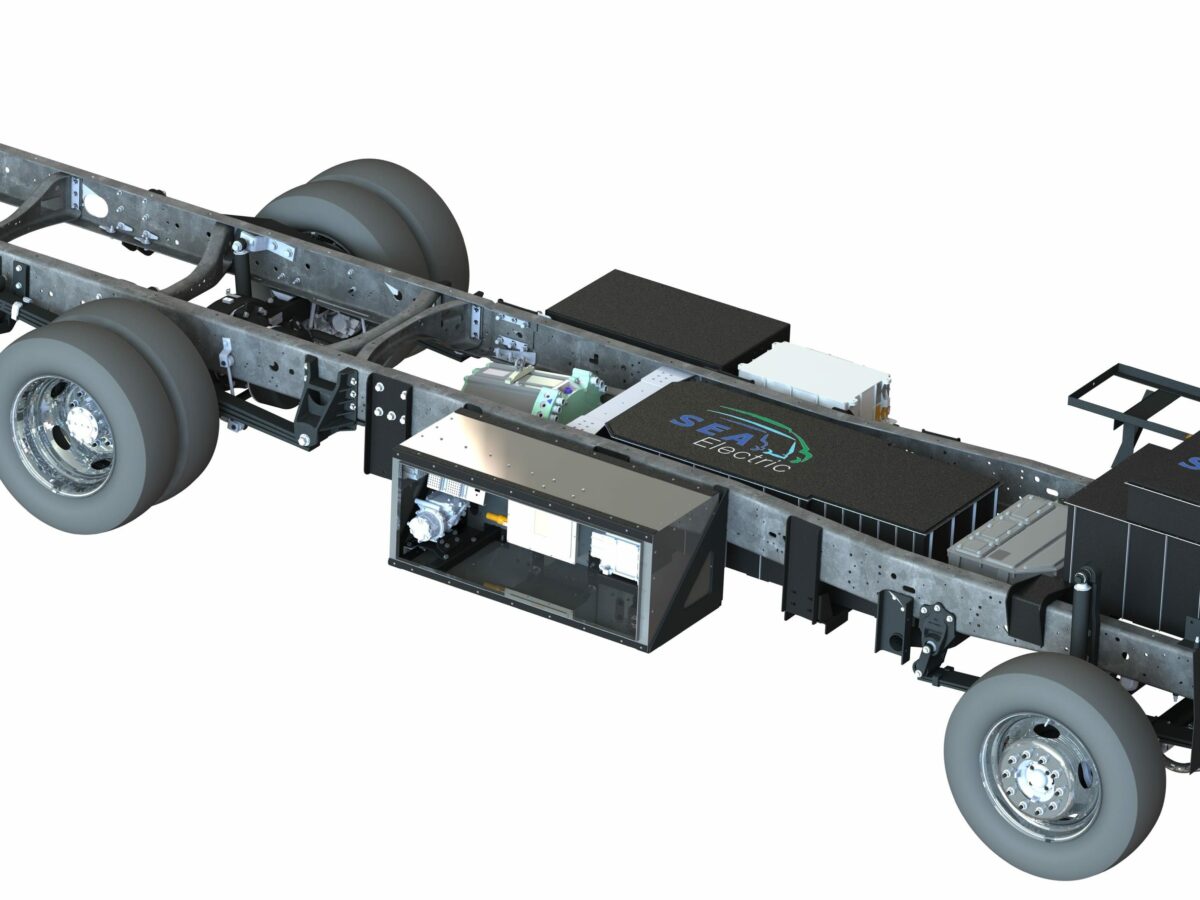Zero to fully-charged – will electric vehicles revive the auto sector?

Analysis by Peter Roberts
The automotive sector never died in Australia – despite the demise of the big three car assemblers we still manufacture trucks, buses and make specialist mining and defence vehicles.
And where there are skills, and a market, there is a way it seems with the opportunity presented by the world's switch to electric vehicles (EVs).
The switch is inevitable not only to tackle a warming climate, but because internal combustion vehicles powered by expensive fossil fuels are a technology that has its day.
Just as with solar and wind powered electricity compared to coal – renewable sources are simply cheaper forms of energy if they can be captured and stored in a manner which can be utilised.
Now the first buds are appearing of an EV-led recovery of the automotive sector.
As reported in @AuManufacturing news, ACE-EV will assemble light electric vans at the Aldom manufacturing plant in Wingfield, north of Adelaide, this year.
And Evant will import three BYD EV models and adapt them for the Australian market, planning to increase local content over time.
Both start off as assembly operations with minimal content.
However ACE-EV has begun building a local supply chain, and attracting BYD to Australia has great potential.
BYD is China's number one EV manufacturer, and also makes electric buses which are already made in Adelaide and northern Tasmania using local technology by the Australian Bustech group.
More exciting are home-grown technologies such as SEA Electric which makes drive trains for two common truck models based on a Ford F-59 chassis and an Isuzu NRR.
The drive trains are made in South-East Melbourne while a new truck assembly plant is being built in Victoria's La Trobe Valley.
Add to this specialist mining vehicles such as the Bortana EV, a battery powered vehicle fitted into a rugged utility vehicle by e-mobility group 3ME Technology, and those first buds have every chance of blooming into a significant manufacturing sector.
But unlike the last vehicle assembly boom, which was underpinned by government protection, little political support can be expected from the re-elected Morrison government for EVs.
Morrison made some disparaging and misleading claims about EVs during the campaign, despite having a number of policies which encourage their adoption – such as a grant programme to create a ultra-fast EV charging network.
His is a government is not known for its fostering of the auto sector or renewable energy.
And perhaps this time this will be for the good.
An EV manufacturing sector that develops simply because customers want its products, is one that has a long term future.
Picture: SEA Electric
Subscribe to our free @AuManufacturing newsletter here.
@aumanufacturing Sections
Analysis and Commentary Awards casino reviews Defence Gambling Manufacturing News Online Casino Podcast Technology Videos





